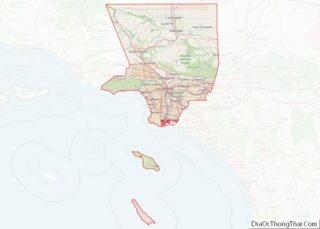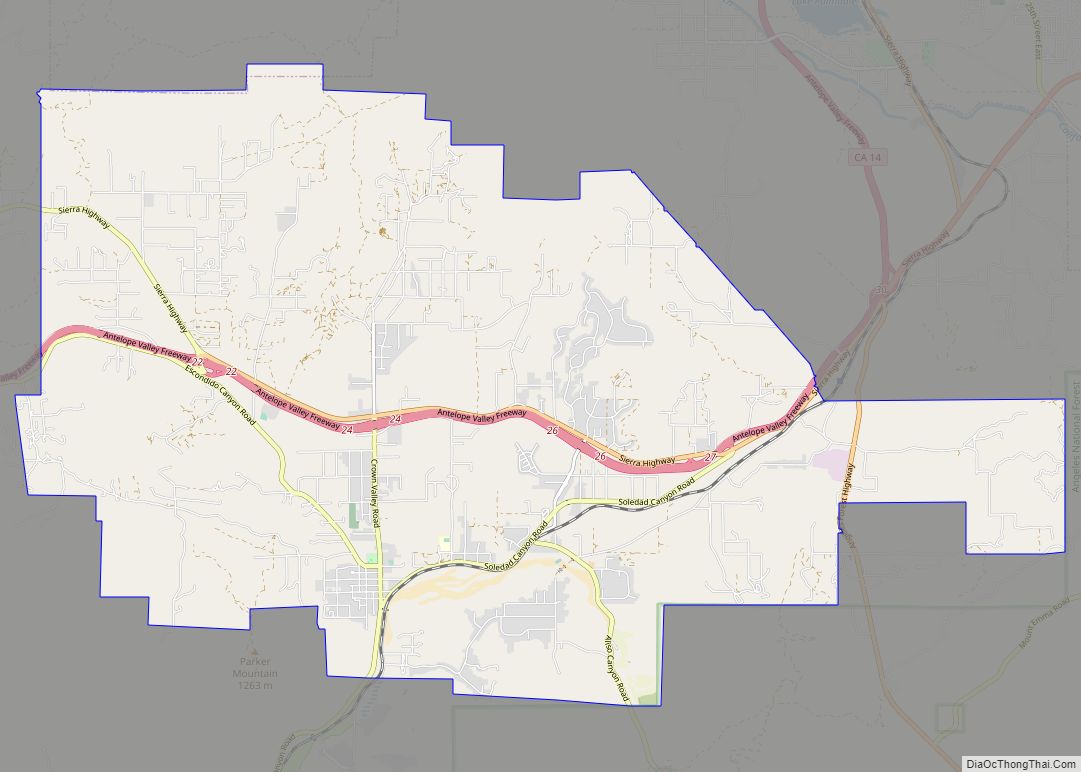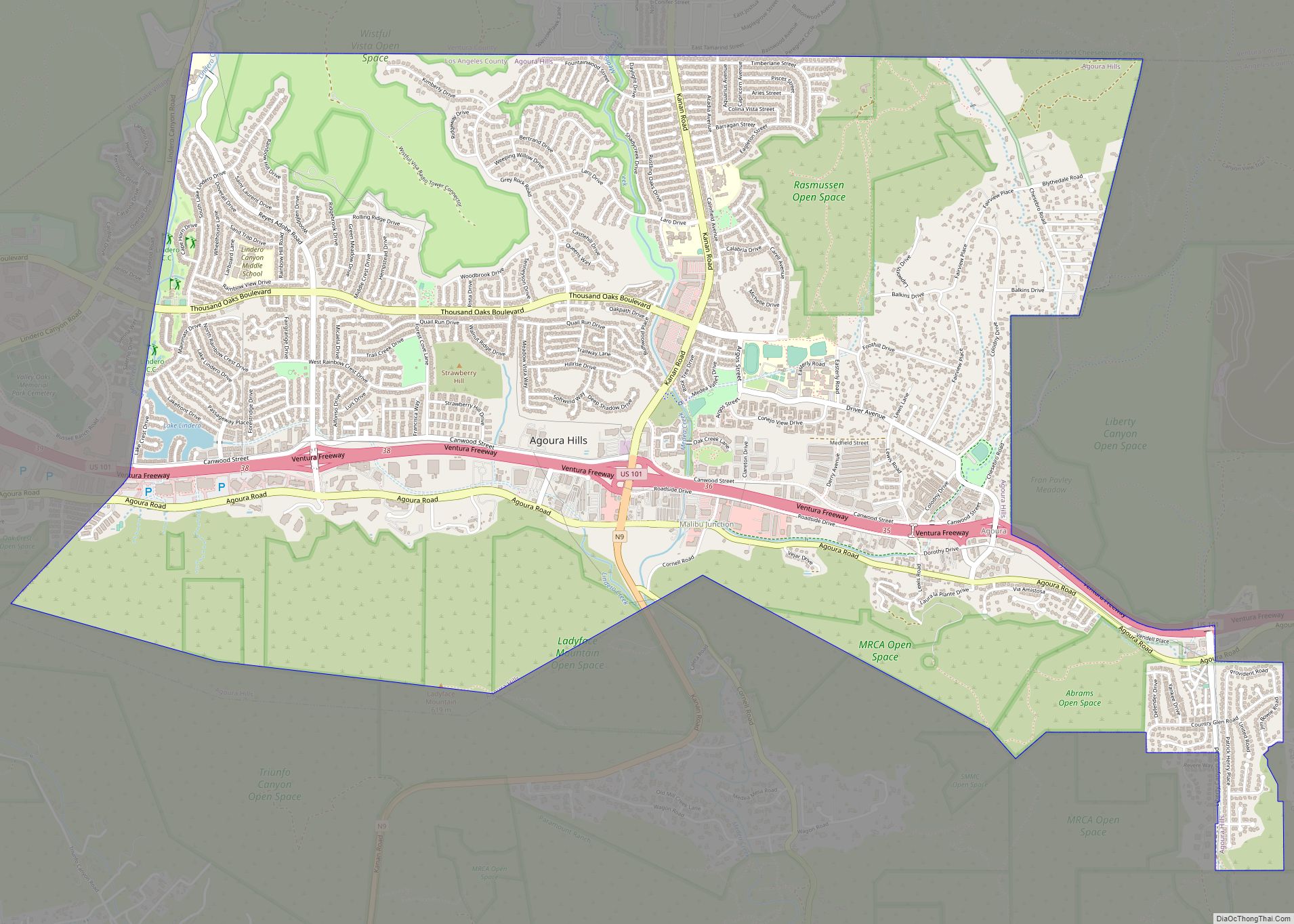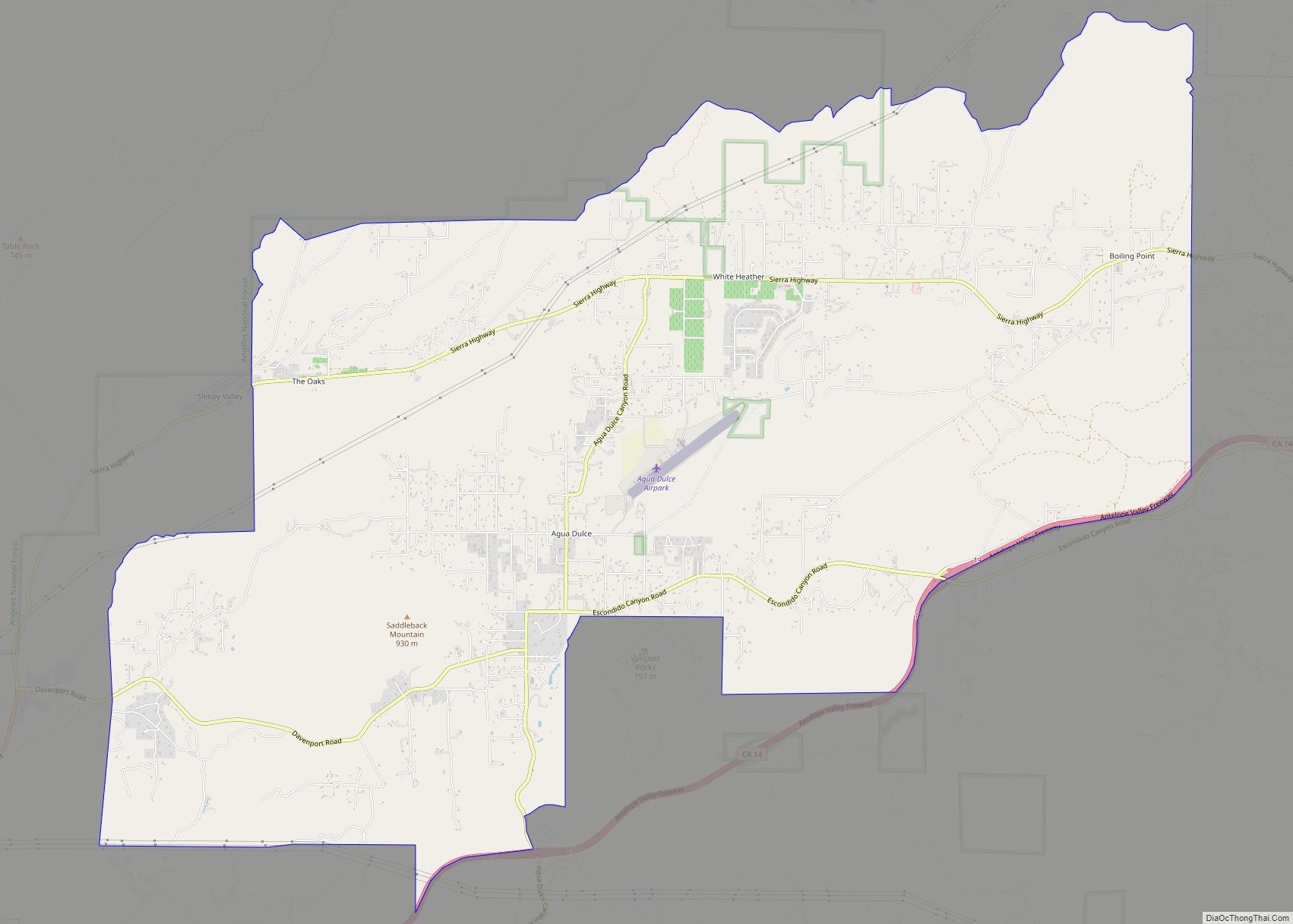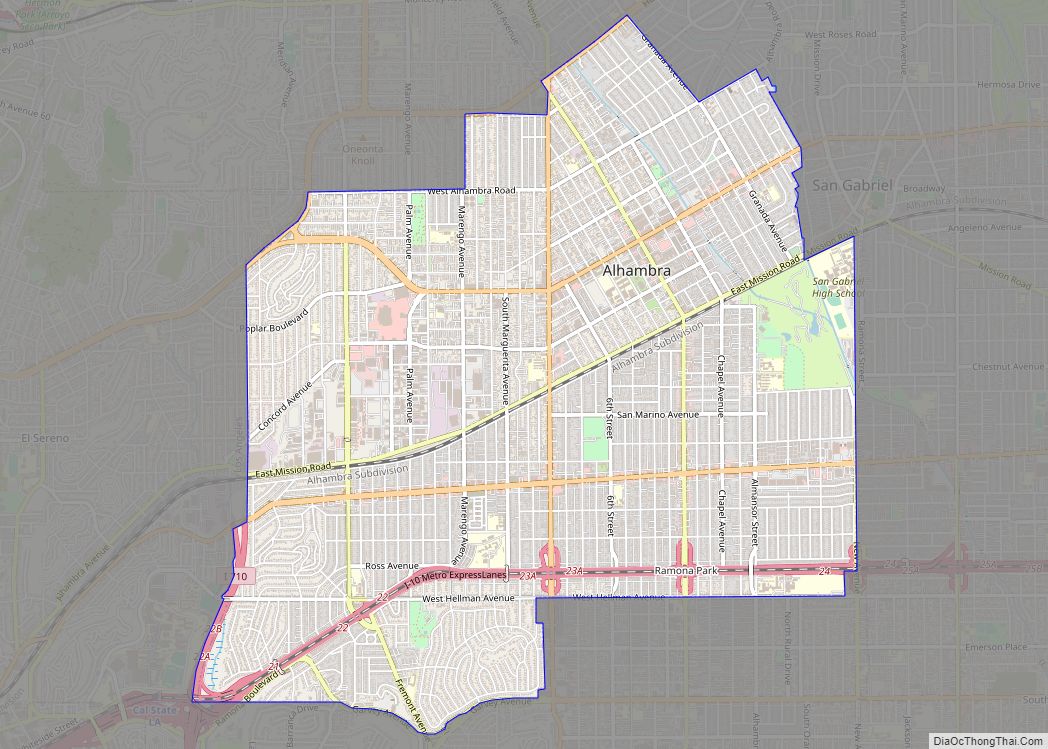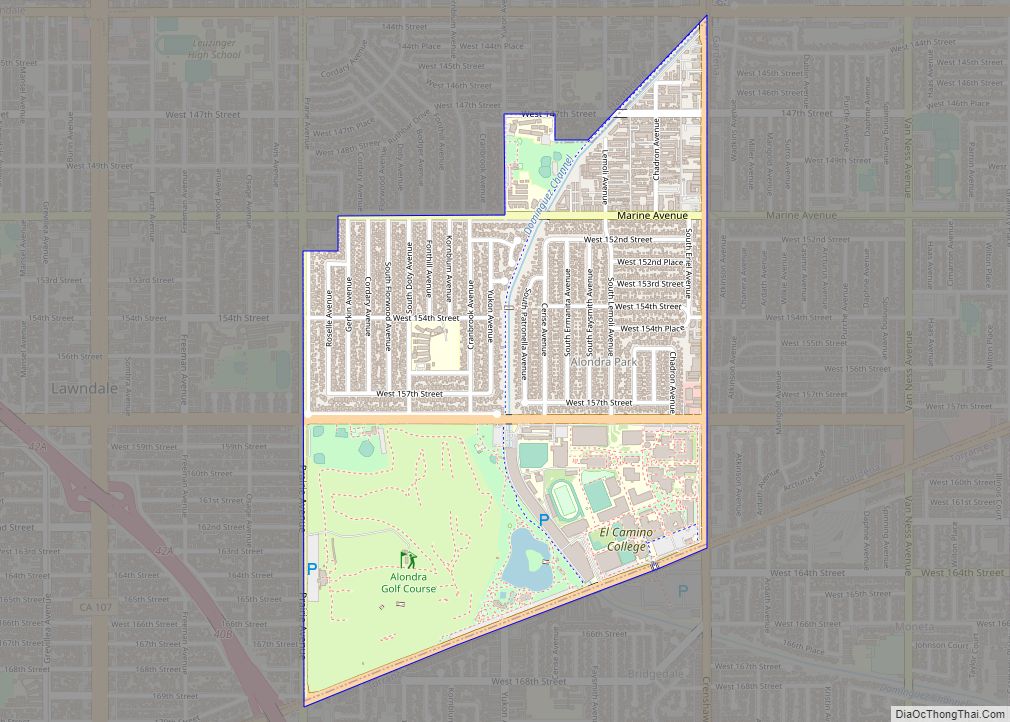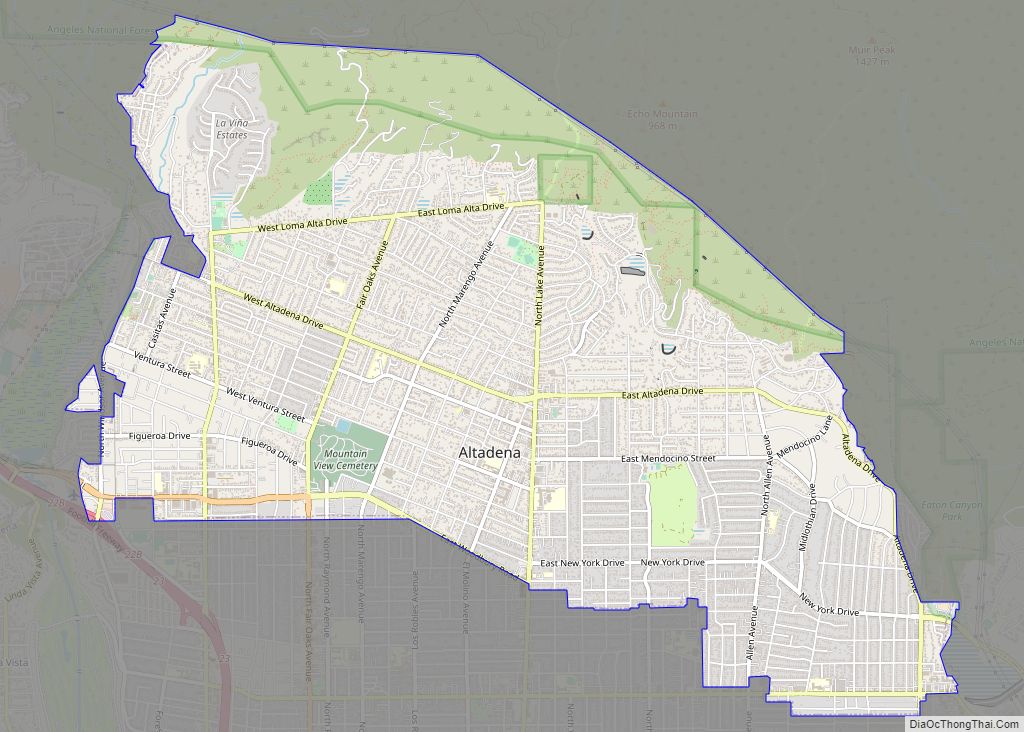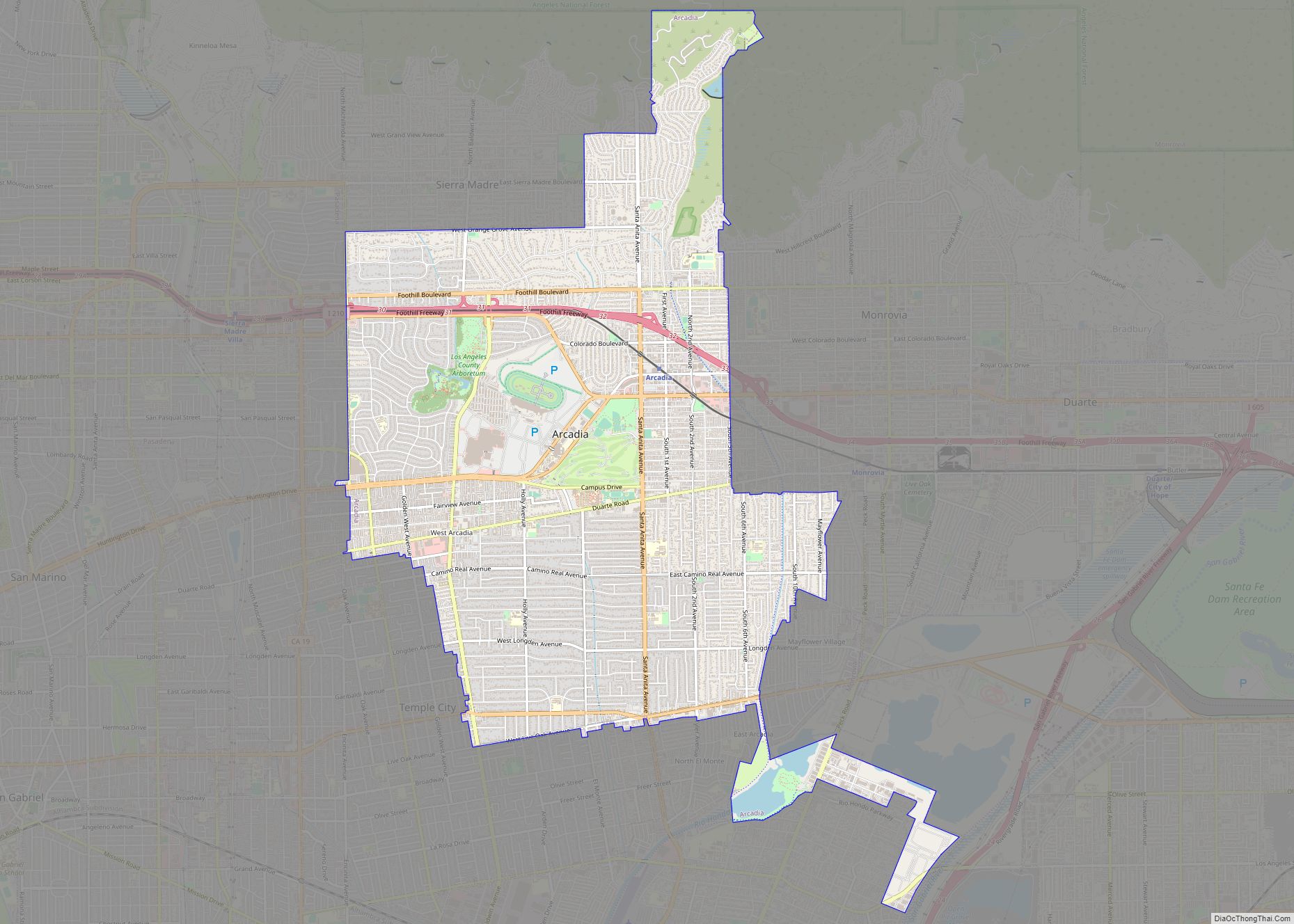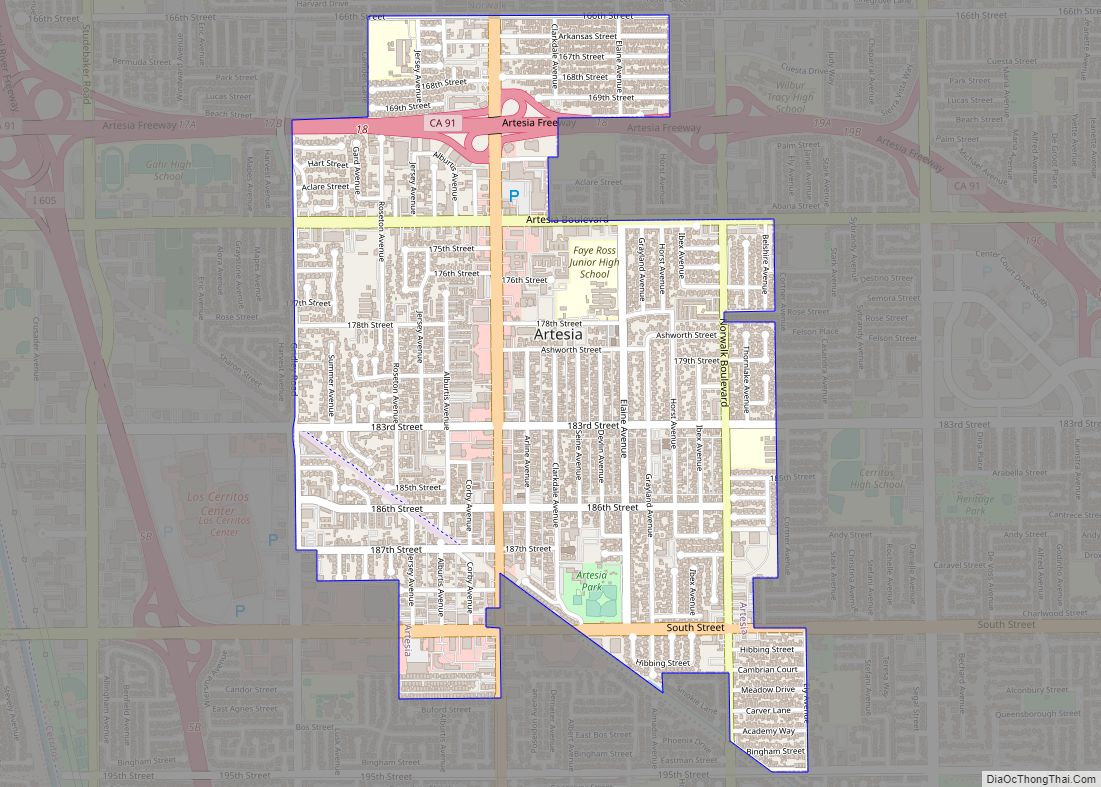Torrance is a city in the Los Angeles metropolitan area located in Los Angeles County, California, United States. The city is part of what is known as the South Bay region of the metropolitan area. Torrance has 1.5 miles (2.4 km) of beachfront on the Pacific Ocean and a moderate year-round climate with an average rainfall of 12 inches (300 mm) per year. Torrance was incorporated in 1921, and at the 2020 census had a population of 147,067 residents. The city has 30 parks. The city consistently ranks among the safest cities in Los Angeles County. Torrance is also the birthplace of the American Youth Soccer Organization (AYSO).
| Name: | Torrance city |
|---|---|
| LSAD Code: | 25 |
| LSAD Description: | city (suffix) |
| State: | California |
| County: | Los Angeles County |
| Incorporated: | May 12, 1921 |
| Elevation: | 89 ft (27 m) |
| Total Area: | 20.53 sq mi (53.18 km²) |
| Land Area: | 20.50 sq mi (53.10 km²) |
| Water Area: | 0.03 sq mi (0.08 km²) 0.37% |
| Total Population: | 147,067 |
| Population Density: | 7,200/sq mi (2,800/km²) |
| FIPS code: | 0680000 |
| Website: | www.torranceca.gov |
Online Interactive Map
Click on ![]() to view map in "full screen" mode.
to view map in "full screen" mode.
Torrance location map. Where is Torrance city?
History
For thousands of years, the area where Torrance is located was part of the Tongva Native American homeland.
In 1784, the Spanish Crown deeded Rancho San Pedro (including today’s Torrance), a tract of over 75,000 acres (300 km) in the Province of Las Californias of New Spain, to soldier Juan José Domínguez. It was later divided in 1846, with Governor Pío Pico granting Rancho de los Palos Verdes to José Loreto and Juan Capistrano Sepulveda in the Alta California territory of independent Mexico.
In the early 1900s, real estate developer Jared Sidney Torrance and other investors saw the value of creating a mixed industrial-residential community south of Los Angeles. They purchased part of an old Spanish land grant and hired landscape architect Frederick Law Olmsted Jr. to design a planned community. The resulting town was founded in October 1912 and named after Torrance. The city of Torrance was formally incorporated in May 1921, the townsite initially being bounded by Western Avenue on the east, Del Amo Boulevard on the north, Crenshaw Boulevard on the west, and on the south by Plaza del Amo east of where it meets Carson Street, and by Carson Street west of where it meets Plaza del Amo.
The first residential avenue created in Torrance was Gramercy and the second avenue was Andreo. Many of the houses on these avenues turned 100 years of age in 2012. Both avenues are located in the area referred to as Old Town Torrance. This section of Torrance is under review to be classified as a historical district. Some of the early civic and residential buildings were designed by the renowned and innovative Southern California architect Irving Gill, in his distinctive combining of Mission Revival and early Modernist architecture.
Torrance Road Map
Torrance city Satellite Map
Geography
Torrance is a coastal community in southwestern Los Angeles County sharing the climate and geographical features common to the Greater Los Angeles area. Its boundaries are: Redondo Beach Boulevard and the cities of Lawndale and Gardena to the north; Western Avenue and the Harbor Gateway neighborhood of Los Angeles to the east; the Palos Verdes Hills with the cities of Lomita, Rolling Hills Estates and Palos Verdes Estates on the south; and the Pacific Ocean and the cities of Redondo Beach and Carson to the west. The western portion of Torrance is in ZIP Code 90277 which is a city of Redondo Beach postal address. It is about 20 miles (32 km) southwest of Downtown Los Angeles.
Torrance Beach lies between Redondo Beach and Malaga Cove on Santa Monica Bay. The southernmost stretch of Torrance Beach, on a cove at the northern end of the Palos Verdes peninsula, is known to locals as Rat Beach (Right After Torrance).
An urban wetland, the Madrona Marsh is a nature preserve on land once set for oil production and saved from development, with restoration projects enhancing the vital habitat for birds, wildlife, and native plants.
A nature center provides activities, information, and classes for school children and visitors of all ages.
Climate
Torrance has a warm-summer Mediterranean climate (Köppen: Csb), bordering with a semi-arid climate (Bsk). The rainy season is November through March, as shown in the adjacent table. Summers tend to be warm and humid due to Torrance’s proximity to the coast.
The Los Angeles area is also subject to the phenomenon typical of a microclimate. As such, the temperatures can vary as much as 18 °F (10 °C) between inland areas and the coast, with a temperature gradient of over 1 °F per mile (0.3 °C/km) from the coast inland. California has also a weather phenomenon called “June Gloom” or “May Gray”, which sometimes brings overcast or foggy skies in the morning on the coast, followed by sunny skies by noon during late spring and early summer.
See also
Map of California State and its subdivision:- Alameda
- Alpine
- Amador
- Butte
- Calaveras
- Colusa
- Contra Costa
- Del Norte
- El Dorado
- Fresno
- Glenn
- Humboldt
- Imperial
- Inyo
- Kern
- Kings
- Lake
- Lassen
- Los Angeles
- Madera
- Marin
- Mariposa
- Mendocino
- Merced
- Modoc
- Mono
- Monterey
- Napa
- Nevada
- Orange
- Placer
- Plumas
- Riverside
- Sacramento
- San Benito
- San Bernardino
- San Diego
- San Francisco
- San Joaquin
- San Luis Obispo
- San Mateo
- Santa Barbara
- Santa Clara
- Santa Cruz
- Shasta
- Sierra
- Siskiyou
- Solano
- Sonoma
- Stanislaus
- Sutter
- Tehama
- Trinity
- Tulare
- Tuolumne
- Ventura
- Yolo
- Yuba
- Alabama
- Alaska
- Arizona
- Arkansas
- California
- Colorado
- Connecticut
- Delaware
- District of Columbia
- Florida
- Georgia
- Hawaii
- Idaho
- Illinois
- Indiana
- Iowa
- Kansas
- Kentucky
- Louisiana
- Maine
- Maryland
- Massachusetts
- Michigan
- Minnesota
- Mississippi
- Missouri
- Montana
- Nebraska
- Nevada
- New Hampshire
- New Jersey
- New Mexico
- New York
- North Carolina
- North Dakota
- Ohio
- Oklahoma
- Oregon
- Pennsylvania
- Rhode Island
- South Carolina
- South Dakota
- Tennessee
- Texas
- Utah
- Vermont
- Virginia
- Washington
- West Virginia
- Wisconsin
- Wyoming




